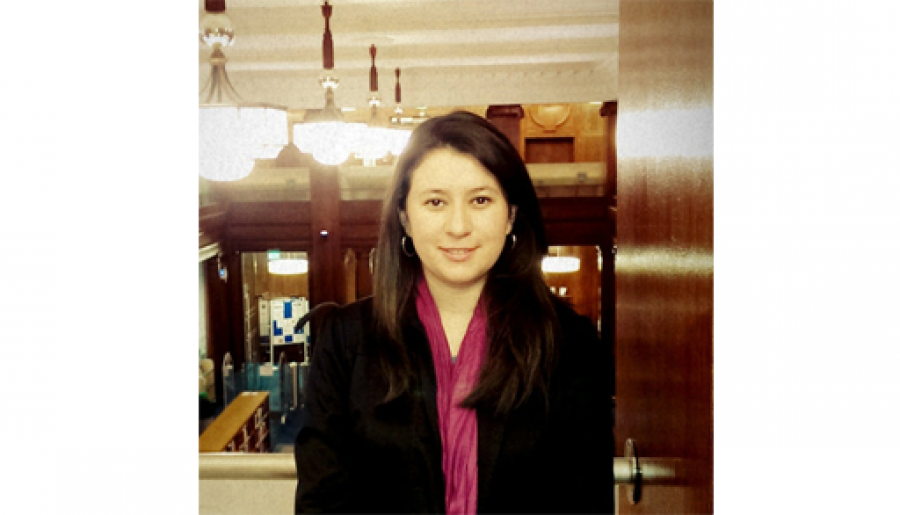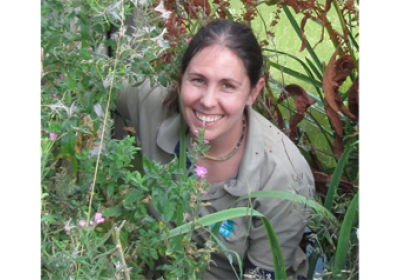The gap in measles immunity levels in Venezuela: magnitude and potential implications for Latin America

Venezuela’s economic crisis has led to the largest recorded refugee crisis in the Americas. The impact on the health system, though likely substantial, has been poorly quantified to date. We assess the resulting gaps in immunity levels using data from a measles outbreak in the neighbouring Brazilian state of Roraima. We estimated suboptimal baseline immunity levels in under-15 Venezuelan migrants, and in under-5 locals. These results suggest that vaccination services in Venezuela migrants arriving in Roraima may have been sub-standard for 10-15 years. High levels of social mixing within migrants in this area resulted in a disproportionate contribution of migrants to transmission.
In this context, mitigation strategies should consider preventive vaccination, target migrants and youth, and improve migrant integration into society of destination. These results may inform regional vaccination programmes as migration into neighbouring countries continues.
Zulma M Cucunubá is an MRC Rutherford Fund Research Fellow at Imperial College London. Her research focuses on using statistic and mathematical methods to understand the determinants of the spread of infection diseases and the impact of control strategies, with a particular focus in Latin America. She has mainly worked on vector bone diseases including Chagas disease, Zika, Chikungunya and Malaria. More recently she has been working on emerging infections, epidemic response and vaccine preventable diseases. Her background includes Medicine and Public Health and a PhD on Infectious Disease Epidemiology. She did a postdoc with the Vaccine Impact Modelling Consortium (2017). She was awarded the MRC Rutherford Fund Fellowship 2017-2020.
This session will be recorded and live-streamed (accessible to internal audience only)
Admission
Contact






